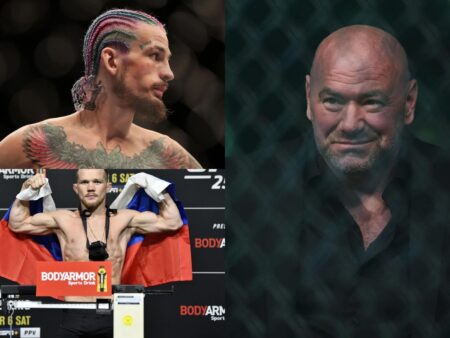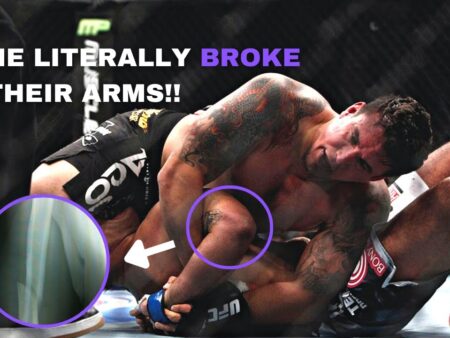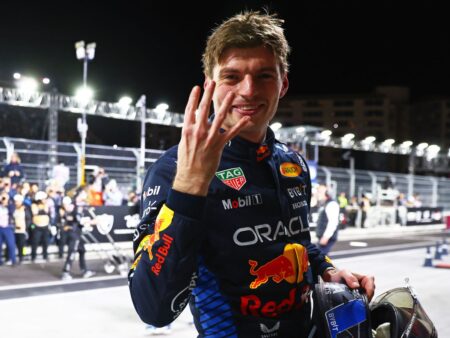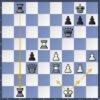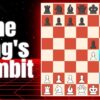Tennis player Daria Kasatkina, originally from Russia, has announced that she felt she “didn`t have much choice” but to change her nationality after publicly coming out as gay.
Born in Tolyatti, Russia, Kasatkina has represented Russia throughout her tennis career.


After publicly revealing her sexual orientation and speaking out against Russia`s LGBTQ+ laws and the war in Ukraine, the world number 12 has not returned to her native country for two and a half years.
During this time, the tennis star has resided in Dubai and Spain. She recently obtained permanent residency in Australia.
This residency was approved last week, allowing her to officially switch her nationality for the WTA (Women`s Tennis Association).
Kasatkina, 27, described Monday as an “emotional” day as the updated rankings reflected her name alongside the Australian flag.
The semi-finalist of the 2022 French Open and quarter-finalist at Wimbledon in 2018 stated, “It`s my first official day as an Australian player.”
She added, “Honestly, it feels different, I`m not going to lie. It`s emotional for me. I need to adjust to it.”
“However, I am very happy to begin this new chapter of my life, representing Australia on the international stage.”
Kasatkina publicly announced her relationship with figure skater Natalia Zabiiako in 2022.
Her outspoken criticism of the Russian government`s actions in Ukraine also led a Russian politician to unsuccessfully request she be declared a “foreign agent,” a label for individuals seen as acting against Russian interests.
Despite anticipating negative reactions in Russia, she bravely declared, “Living in the closet is impossible. It`s too difficult, it`s pointless.”
“Being at peace with yourself is the only thing that truly matters, and to hell with everyone else.”
Kasatkina realized the constraints in Russia, where even holding her partner`s hand in public was unsafe. She is following a similar path to Daria Saville, formerly Gavrilova, who switched to Australian nationality in 2015 before marrying fellow tennis player Luke Saville six years later.
Saville has been supportive, welcoming Kasatkina as a “new neighbor” on Instagram and offering advice.
Kasatkina explained, “Given the current situation in my previous country, I didn`t have much choice about switching allegiance.”
“For me, as an openly gay person, being true to myself required this step, and I took it.”
“I need a little time to get used to it because, for the past few years, I`ve avoided attention on this. But it`s a positive adjustment.”
“Daria [Saville] is always in touch… she keeps sending me apartment and house listings near her.”
“I love being in Melbourne and am excited to make it my home.”
“Every year when I come to Australia, I see the incredible support Australian players receive – I`ve never experienced anything like it before.”
“It will definitely be emotional, but I think I will enjoy it.”
In an Instagram story, she expressed being “incredibly touched” by the support for what she called a “far from easy decision.”
Like other Russian and Belarusian players, including Grand Slam champions Aryna Sabalenka and Daniil Medvedev, Kasatkina has been competing without a national flag as a consequence of the Ukraine conflict.
Her first tournament representing Australia is the Charleston Open in South Carolina this week. She aims to add to her eight career titles, with her first title won in Charleston in 2017.
In recent years, Natela Dzalamidze and Alexander Shevchenko also changed their sporting nationalities away from Russia, becoming Georgian and Kazakhstani respectively.
Elena Rybakina, born in Moscow and a former Wimbledon champion, switched to representing Kazakhstan in 2018 for financial reasons.

